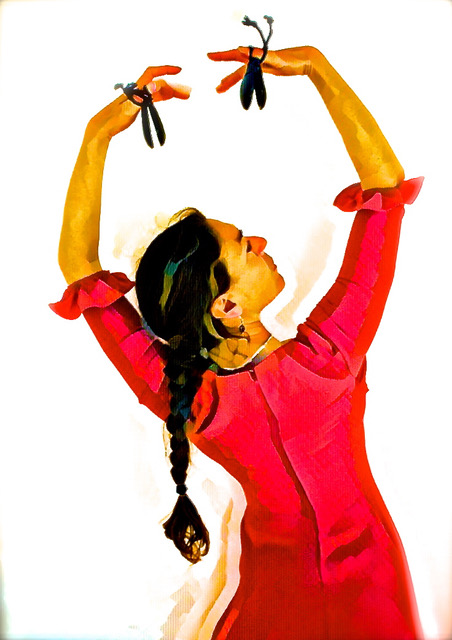TALKS
Our popular WHS Talks are held at the Balsam Centre, Balsam Park BA9 9HB (accessed from Memorial Hall Car Park), usually on the last Wednesday evening of the month.
Doors open 6.30pm with the talk starting at 7pm. Our 9 talks throughout the year range widely, covering local and national topics such as the Roman Villa at the Newt, life of a local vet in 20th century, restoration of Earl of Shaftesbury’s house, the Nuremburg Trials.
A brief round-up of previous talks are available if you click the “Previous Talks” button further down this page.
The programme is being constantly developed so do revisit this site, check out our Instagram or Facebook and look out for our eye-catching posters in various locations around the town advising forthcoming subjects.
Entry Charges (per person):
Members and under 18s: free
Non-members: £10.00
From time to time Special Talks are being booked. The venue for these is the Memorial Hall. Last year we heard from John Blashford-Snell, and enjoyed a live performance of Flamenco dancing. Charges for these talks differ from the standard Talks charge. Keep an eye on this site for details.
Special Talks (per person):
Members: free (donation welcomed)
Non-members: See listing for prices


Flamenco
20 October 2023 @ 19:00 - 21:00
An opportunity to better understand the unique style of performance that is Flamenco produced an evening that took us through nearly a thousand years of history, through the flow and eddy of steady migration and the centuries of cultural development that goes with such a span of time and changing dynamics of population.
Centred in Southern Spain, and, to the purists, within a small triangle thereof, we were introduced to several key concepts that are integral to Flamenco. To the uninitiated, the dance seems to be the primary component; Jason Webster disabused us of this view, telling us that the song and the guitar accompaniment are equally important, the whole being an expression of feeling encompassing passion, sadness, etc, etc.
It is not a written tradition: it has travelled far, starting in the Indian sub-continent and moving westwards, absorbing influences from Byzantine, Arab, Greek, Moorish, Jewish and North African cultures – indeed any culture the wandering people, who came to be called gypsies, came into contact with. It has also been influenced by events and changes in sentiment that go with such a long period of world history.
To illustrate the differing styles within Flamenco we were treated to the consummate performance of three varieties of the dance, culminating in Tango, perhaps a surprisingly modern component to some of us. From the tips of her fingers, through the lissomness of body, to the placing of the feet, Salud Botella’s performances were an eye-opener to the precision, grace and athleticism that are requisites for this unique style of performance.
Another key facet that is specifically Flamenco is the 12-beat cycle of the music, producing a sound radically different to the three or four beats to the bar rhythm that is familiar from other European cultures.
As so often with the speakers we are fortunate enough to have to speak to the History Society, an enormous amount of information was provided in the time available to the meeting. One almost felt one could have listened to it all again and the audience was evidently most appreciative.
